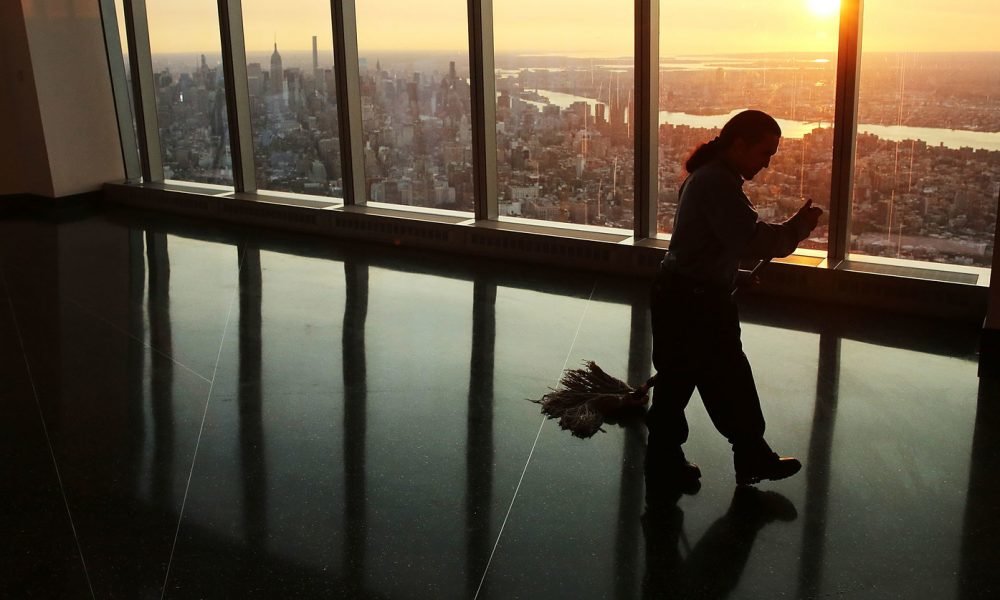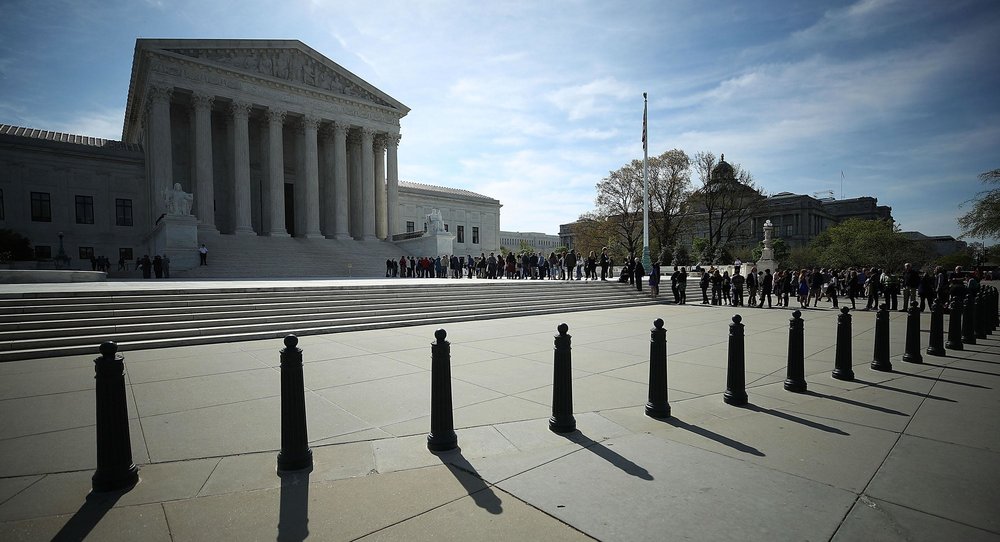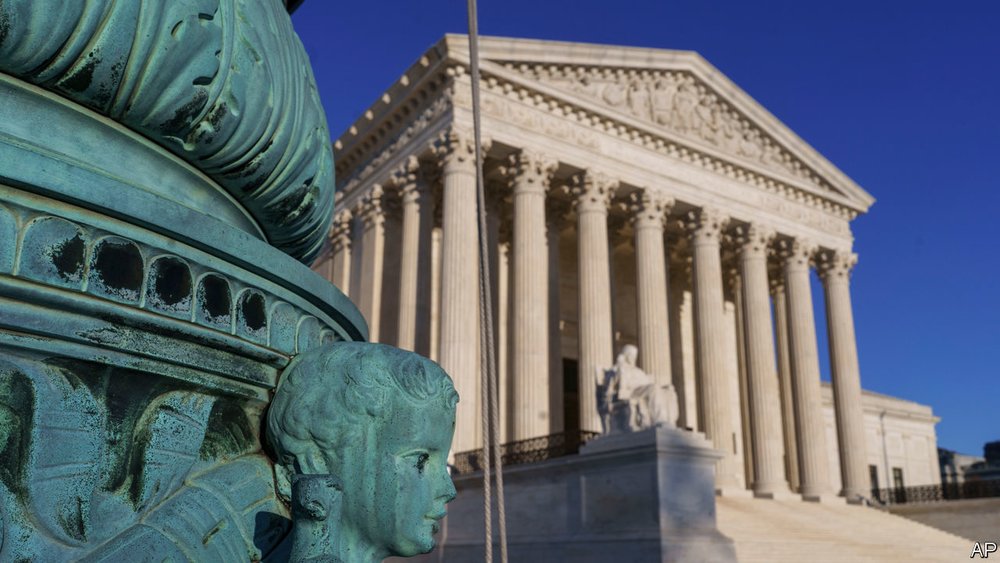
Supreme Court Favored the Class-Action Waivers, Making it Harder For You to Sue Your Employer!

Do you harbor a dispute with the company or employer you’re working for? While it is an employee’s right to file a lawsuit against his or her employer, you might want to think twice though. The Supreme Court’s controversial recent ruling forces employees in class-action waivers, making it difficult for you to sue your boss.
Arbitration Agreements
Those abusive employers who overwork their workers or discriminate against them may have more room to continue their actions away from the scrutiny of the Supreme Court. This is due to the Court upholding the employer’s rights to use class-action waivers in arbitration agreements.
This forces an employee to sign the said agreement, thus, giving up their rights to sue their employers in court for damages or any back pay. Instead, they are forced to take their disputes individually to the arbitrators. This makes it easier for the companies to avoid employee lawsuits.

The Supreme Court voted 5-4 in favor of the controversial ruling
The Arbitration Agreements are commonly used by employers to restrain any lawsuits or disputes filed which lead to bigger payouts, damages, and loss to the company. This usually happens when workers are backed by labor unions or employee groups.
Together, they challenge their employer’s use for Arbitration Agreements. With the employees claiming the AA violates the National Labor Relations Act (NLRA) in which employees were guaranteed to join forces for mutual aid and protection.
The Controversial Ruling
The Supreme Court’s majority decided against the workers, claiming that the said collective bargaining law cannot replace the federal law nor the arbitration process. This also means that class-action waivers brought by employers in an employment contract are deemed legitimate.

Justice Neil Gorsuch stated in a written statement on behalf of the majority that the Congress didn’t implement the NLRA to “displace” the federal arbitration law
Furthermore, he added that while the policy is debatable, the law remains clear and fixed. Congress instructed that AA should be enforced at all times.
This ruling supported the high court’s former decision that companies can force their employees and consumers into AA’s with class-action waivers and fine print especially when buying plane tickets or registering for a new cell phone. While the latest ruling sanctioned the use of such waivers in the workplace. This has become a common practice for the last 20 years.
A Heavy Blow to the Workers
The SC’s recent rulings are a heavy blow and have major implications for workers. The filing of class-action lawsuits is one of the most powerful actions for employees to take against their abusive employers. This also serves as their means to secure their back pay, demand a minimum wage, or overtime rights which may have been violated by their employers. Not only that, but it also serves as their protection against bosses who discriminate against them in the workplace. The class-action waivers effectively negate the employees’ rights to fight for their labor rights.

Justice Ruth Bader Ginsburg called the majority’s decision “egregiously wrong.” She also argued that one of the NLRA provisions state that employees are entitled to pursue litigation as a collective group. Weakening the employees’ collective actions through class-action waivers imposed by employers violate the worker’s rights
Aside from that, it makes it harder for the employees to pursue such lawsuits individually, rather than filing it as part of a bigger, collective group. The labor groups also fear that lawyers may hesitate on backing these individual complaints since the judgments or settlements will be small and may not also be worth their time. The employees also fear their employers may retaliate and make their lives more miserable since they can now only file these lawsuits individually.
The Unfair Deal
Judge Ginsburg stated during the oral arguments that strength comes with numbers. The class action lawsuit can help protect an individual worker’s rights against his or her giant employer. When backed by labor groups and unions, the employee can easily match his employer’s superior strength. She also fears that this may pave way for employers to continue implementing unfair working conditions to their workers such as underpayment, no overtime pays, and layoffs.
According to the Economic Policy Institute, around 25 million workers last year, especially the non-union employees in the private sector, were forced to sign their rights to join class-action lawsuits away, as one of the conditions of employment.
More in Legal Advice
-
New York to Mail Out One-Time Inflation Rebates. Here’s the Eligibility List
New York is preparing to send out its first-ever inflation refund checks, providing financial relief to millions of residents as prices...
October 3, 2025 -
Here’s What Artists Should Know About Copyright & Its Implications
Copyright protects your art from the moment you create it. The second your drawing, painting, sculpture, or photo is fixed in...
September 27, 2025 -
Everything to Know About Vogue America’s New Editor, Chloe Malle
Chloe Malle just stepped into one of the most powerful roles in fashion media: Head of Editorial Content at Vogue America....
September 21, 2025 -
Did Barron Trump Apply to Harvard? Clearing Up the Rumors
Speculation often swirls around public figures, and in recent months Barron Trump’s college choices became part of the conversation. Questions surfaced...
September 20, 2025 -
Can You Be Naked in Texas?
The Texas public nudity law isn’t as simple as “no clothes, you are in trouble.” It all comes down to intent,...
September 13, 2025 -
Why AI Is Now a Necessity, Not a Choice, for Law Firms
Artificial intelligence is no longer a futuristic concept for the legal industry. It is steadily changing how law firms operate, not...
September 13, 2025 -
Waikiki Lifeguard Cleared in Confrontation With Notorious Criminal
On a hot day at Kuhio Beach, veteran lifeguard Christopher Kekaulike Kam stepped in when things got out of control. A...
August 13, 2025 -
Gawking at the Coldplay ‘Kiss Cam’ Affair Is Voyeurism at Its Worst!
Coldplay concerts are meant to be joyful. But during a recent show, a playful kiss cam bit turned into a public...
August 6, 2025 -
Essential Safety and Success Resources for Trans Journalists
Trans journalists go through tough spaces every day. In a field that often tests your limits, knowing where to turn for...
July 30, 2025














